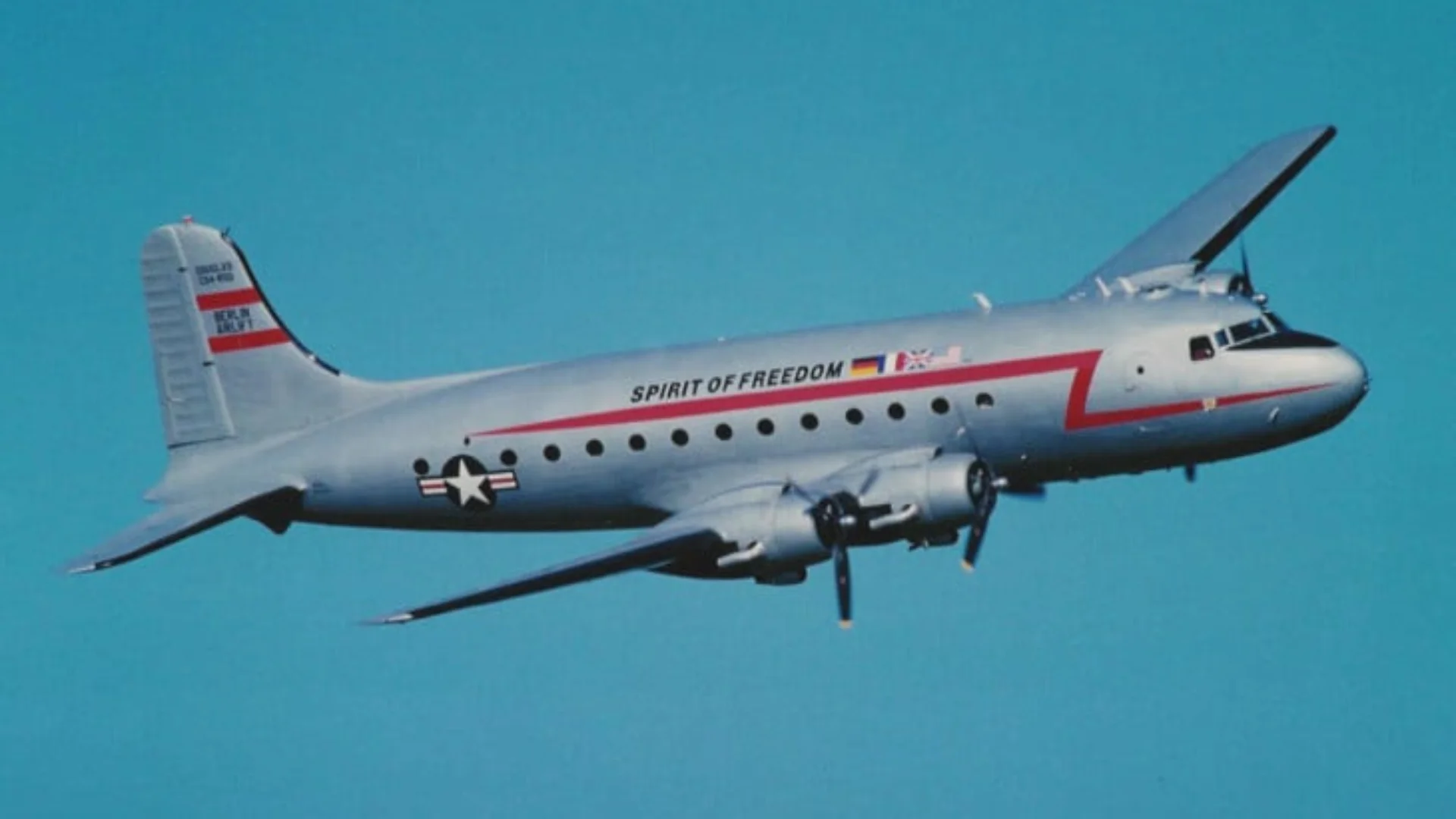Commercial aviation demands high levels of precision and professionalism. Individuals pursuing a career as an airline pilot must exhibit qualities such as trustworthiness, maturity, analytical thinking, self-control, professionalism, diligence, and teamwork skills. "Career Trend notes that airline pilots must be analytical thinkers, self-controlled, professional, and diligent," highlighting some essential traits for maintaining a career in this industry.
Reasons for termination can include failure to follow Federal Aviation Administration (FAA) or airline regulations, sleeping at controls, substance abuse issues like alcohol or drugs, felony convictions, insubordination or inability to work well with fellow crew members, tardiness records, inappropriate use of laptops during flights resulting in communication failures with air traffic control (ATC), and severe loss of situational awareness through personal negligence.
On October 19th 2004 Corporate Airlines flight 5966 crashed while approaching Kirksville Missouri killing thirteen out fifteen onboard due largely because crew descended below minimum descent altitude without proper visual cues - contributing factors included fatigue-induced degradation performance among other things according National Transportation Safety Board (NTSB). Similarly back 1999 American Airlines McDonnell Douglas MD-80 accident Little Rock Arkansas attributed partially again due fatigued crew condition showing significant factor many aviation accidents related BBC article stating lack sleep akin drunkenness causing up twenty percent fatal aircraft human error cases where odd working schedules crossing multiple time zones affect circadian rhythms comparable impairments seen under alcohol influence according David Learmount Flight Global writing about fatigue within industry noting almost all regional USA pilots experiencing it despite recent commercial aviation safety improvements continues posing challenges aircrews controllers alike impairs decision-making reactions changing circumstances alters full situational awareness maintenance abilities
FAA mandates ensure safe operating environments requiring rested crews reporting fatigued states "FAA has established regulations that mandate rest periods and duty limitations to prevent fatigue-related accidents" citing Barnett Law Offices emphasizing compliance responsibility shared between pilots employers alike airlines subject numerous regulations regarding work-rest cycles hours worked flown over days defining proper crew rests amounts awarded timeframes alongside reporting procedures concerning pilot fatigues differing operational types flag international passenger flights domestic scheduled ones supplemental freight charter non-scheduled rules vary operations covered United States Department Transportation DOT outlines basic US domestic operation guidelines limiting thirty maximum weekly consecutive hour flights mandating twenty-four-hour continuous weekly rests imposing varying requirements based daily flight times similarly congressionally mandated Fatigue Risk Management Program 2010 obligates airlines train pilots dangers effects mitigation techniques covering dietary lifestyle fitness aspects alongside sleep disorders physiological impacts workloads improper workplace environments might hinder reporting opportunities however using Aviation Safety Action Program ASAP allows confidential employer non-compliance safety concerns FAA hotline direct contact agency encouraging no-retribution reports enhancing general security minimizing wrongful terminations facilitating potential legal actions against former employers claiming unjust dismissals tiredness claims
Preventing fatigue involves securing consistent adequate sleep adults generally recommended eight nightly individual variations acknowledged difficult achieve pilots maintaining conducive environment presents challenge ideal temperature quiet interruption-free darkness comfortable bedding devoid sunlight promoting regular bedtime routines difficult execute brochures advising abstaining pre-bedtime alcohol exercise considering medication impacts nutritional balance avoiding energy drinks ensuring regular meal schedules difficult implement requires self-discipline frequent home absences careers demand
In conclusion calling tired should never result firing since managing fatigue critically affects aviation integrity requiring multi-level management oversight personal corporate alignments FAA NTSB airlines collaborated establishing checks balances safeguarding against insufficiently rested operations relying ultimately pilot symptom recognition danger acknowledgment calling repercussions necessary system integrity components demanding stringent adherence razor-thin error margins sufficiency expectations
 Alerts Sign-up
Alerts Sign-up





































